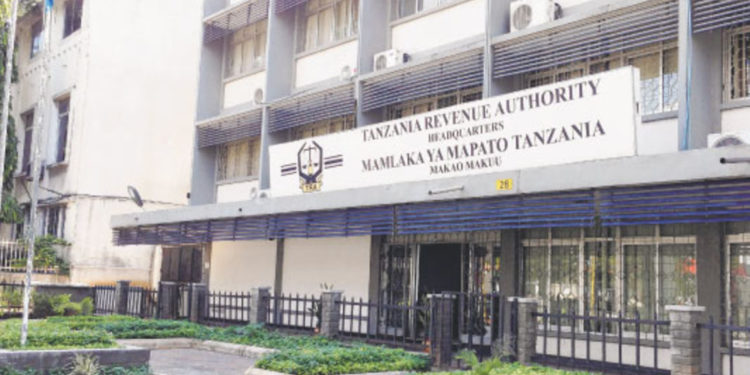Tanzania Revenue Authority’s (TRA) plans to give tenants a mandate to withhold 10 per cent of house rent in both private and commercial houses to expand the scope of tax payment have been greeted with mixed reactions among concerned groups.
According to TRA, the law required the house owners to be the ones to submit the house rent tax, something that has not been implemented properly and thus one of the ways to facilitate the collection of Sh23.65 trillion as tax by the end of the financial year 2022/23, it had to review the law and come up with a new strategy.
Speaking to journalists yesterday on TRA’s strategies to achieve the collection target as part of the government’s budget of Sh41.48 trillion, the authority’s Taxpayer Services and Education director, Mr Richard Kayombo, among other plans, explained the change that will see tenants submit tax instead of landlords.
“Any tenant, whether in a private house or a business house, is responsible for withholding 10 percent of rent and submitting it to TRA as government tax, unless there is another agreement where the landlords and landladies themselves will come to pay at TRA,” explained Mr Richard Kayombo.
He further added that in the past only tenants in commercial buildings were paying the tax, but now even private tenants will be required to withhold 10 per cent as government tax.
“As we continue, we will set better procedures and provide guidelines, including using local officials to make this exercise successful. Also, there must be a contract between a tenant and the landlord which will be the basis for the submission of the tax and once it is paid, they will be given certificates,” Mr Richard Kayombo.
This comes one year since the government started the implementation of property tax collection through the purchase of electricity tokens, and on this new move, owners of rental houses have said that it is better to pay the tax themselves than through their tenants.
As we observe these new tax collection measures unfolding, with both landlords and tenants navigating the complexities of legal and financial obligations, it becomes crucial to understand the broader legal context of such relationships. Different countries have varying regulations governing what landlords can and cannot do. For those interested in exploring this topic further, especially in the context of South African law, what a landlord cannot do South Africa provides comprehensive insights. Understanding these regulations can empower tenants and landlords alike, ensuring that everyone involved can make informed decisions and uphold their rights.
Read also; Tanzania Set to Construct Over 33,000 km Roads in 2022/23 Financial Year.




